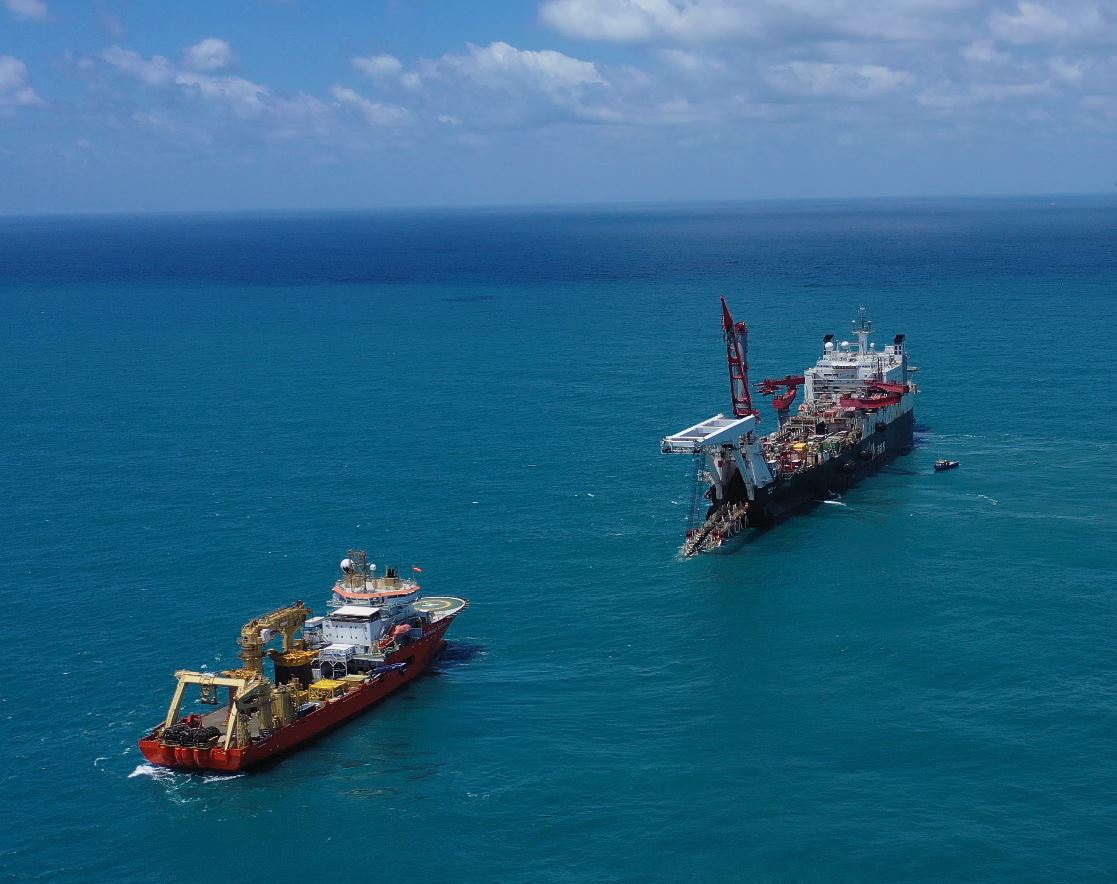In recent history the topic of global energy security has rarely been of such urgent importance. To overcome Europe’s current crisis, governments must review their imports and rethink their approach to energy system policy and regulation. For the oil and gas industry, whilst no single company can claim to have the solution, we do have a significant role to play, working to support newly prioritised energy security objectives.
Russia’s invasion of Ukraine and wider economic and geopolitical factors has resulted in an energy crisis in Europe that will ripple across the globally interconnected energy market. Russia supplies 40% of the EU’s gas, and a quarter of its crude oil. Unfolding events make that dependency appear even more myopic. The entire European energy system assumes Russia will always deliver. Until recently, this mutual dependency has had no downside. The war however has resulted in countries searching for solutions to reduce the reliance on Russia.[1]
[1] https://www.ft.com/content/b32bf4fc-608c-46fa-944b-0b3fe8642919
